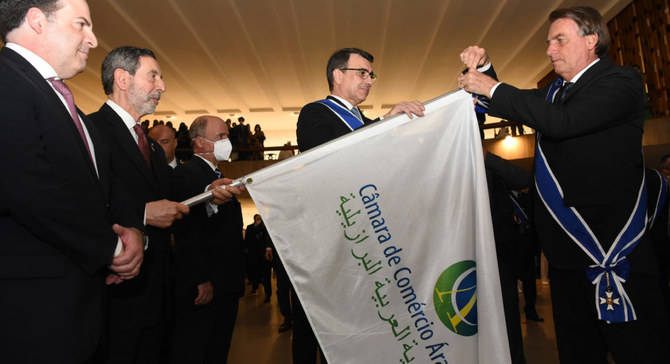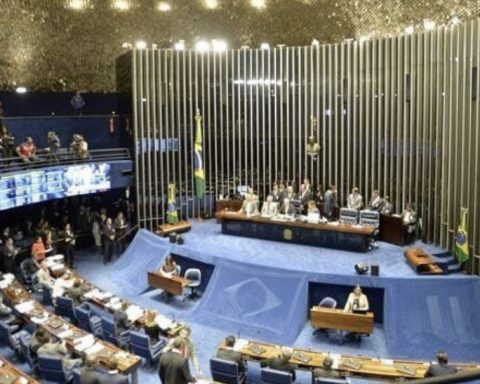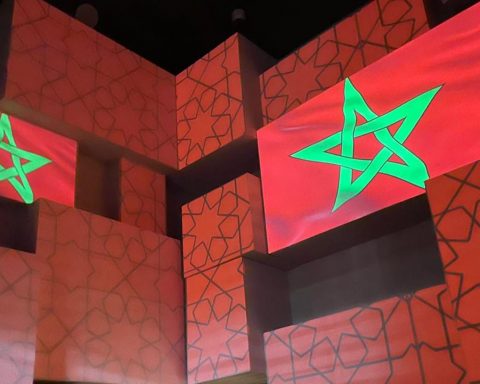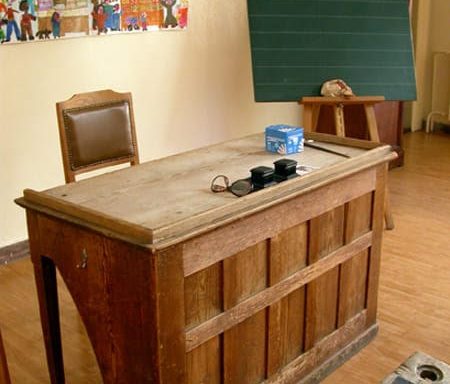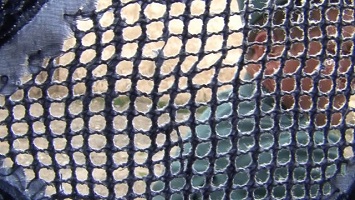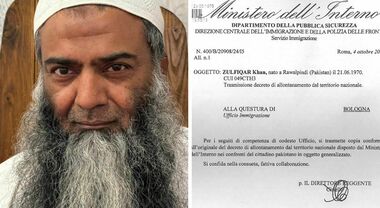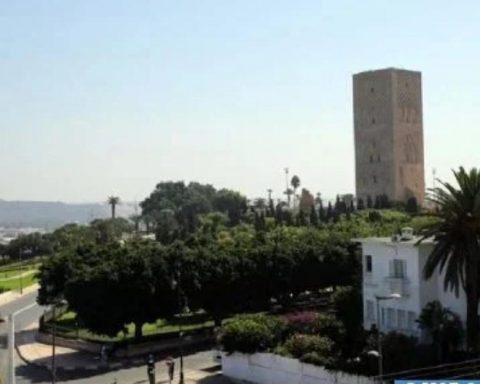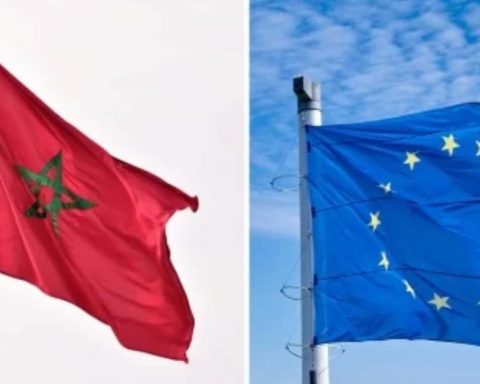SAO PAULO – The ongoing Lebanese socioeconomic crisis, and the devastating explosion at the Port of Beirut in August 2020, have led many Lebanese Brazilians to show greater interest in the Arab country’s affairs.
Over the past couple of years, Lebanese Brazilians — whose numbers are estimated at between 3 million and 10 million — have promoted drives to assist Lebanon’s people, and have become more involved in its politics.
This trend was intensified by a campaign launched in 2021 by the Lebanese Embassy in Brasilia to encourage Lebanese citizens living in Brazil to register to vote in elections scheduled for May.
“Many Lebanese Brazilians know very little about Lebanon. But now I think people are more conscious and trying to be informed,” said trader Nagib Makhlouf, 69, who was born in Brazil but has Lebanese citizenship.
He has already taken part in three Lebanese elections: Two in the country — he used to visit to see his mother, who lived there — and one from Brazil.
“Lebanon is in such bad shape that many people in Brazil are outraged with the situation. I know a group of 10 Lebanese Jews who decided to register and vote for the first time,” Makhlouf said.
Lebanese-born Lody Brais, a community leader who helped publicize the embassy’s campaign, said more and more young Lebanese Brazilians have been manifesting their wish to get involved with Lebanon and help it overcome its crises.
“The diaspora’s vote may help change Lebanese politics. People have lost confidence in politicians,” added Brais, who helped collect food and medicines to be donated to Beirut after the explosion.
“Many descendants who have relatives there sent them money. Everybody was concerned for the victims.”
At the time, lawyer Hanna Mtanios Hanna Jr., honorary consul of Lebanon in the Brazilian city of Goiania, received dozens of calls during his COVID-19 confinement from people who wanted to do something to help Beirut.
“Grandchildren and great-grandchildren of Lebanese immigrants would call me saying they had a family connection with the country and wanted to help. Since then, their ties with Lebanon have been growing,” he said.
Lawyer Maggie Chidiac, 58, who has family in Lebanon, told Arab News that it is perceptible how living conditions in the country have declined in recent years.
“We’ve been sending them food and medicines. Community associations and churches usually coordinate donations,” she said.
“The people are facing terrible challenges. We know it because we’re always in touch with them through the internet.”
Communication between Lebanese and their Brazilian relatives have served to inform the latter about Lebanon’s politics, Chidiac said.
“Their reports and opinions are very important for us because they help us understand their situation,” she added.
One of the institutions that coordinated the donations campaign in 2020, the Arab Brazilian Chamber of Commerce — known by the Portuguese acronym CCAB — not only funded healthcare items that were sent by Brazil’s government to Beirut, but also launched money-donation drives.
“The Lebanese consulate in Rio de Janeiro organized a music concert in which Brazilian musicians played with the Beirut orchestra,” said Mohamad Orra Mourad, CCAB’s vice president of international affairs.
“It was televised, and people could donate money to one of our accounts during the show. It all was sent to the Lebanese Red Cross.”
A Brazilian plane carried 6 tons of food, medicines and healthcare items, including mechanical ventilators.
CCAB was awarded a medal by Brazil’s government in December due its efforts in that campaign.
Mourad said the Lebanese Embassy met with Lebanese-Brazilian business leaders in Sao Paulo and Rio de Janeiro last year, and asked them to find a way of contributing to the Lebanese economy.
“We’ve been organizing informal gatherings and discussing forms of answering that request, which can include an investment fund, for instance,” Mourad said.
CCAB will establish a juridical entity that can centralize donations for Lebanon and plans to launch different initiatives, including a program to train businesspeople in the country. Mourad said it also intends to connect Lebanese and Brazilian startups.
“We’ve been pushing for ratification of a commercial agreement between Lebanon and Mercosur,” he added, referring to the South American trade bloc. With ratification, “the commercial exchange could rapidly increase.”
Mourad believes that if more Lebanese Brazilians obtain Lebanese citizenship, they will feel more connected to the country and may decide to invest in it.
“The revived interest among Lebanese Brazilians can certainly lead businessmen to invest in Lebanon,” he said.
“But that will only happen if Lebanon can demonstrate that it will work to overcome instability.”

